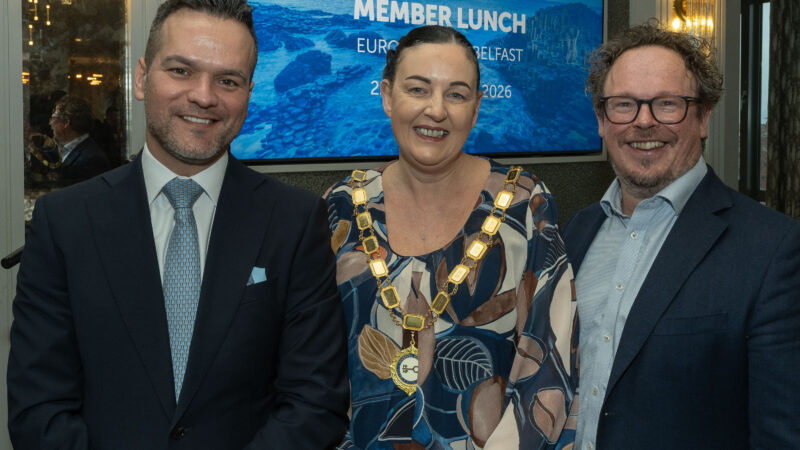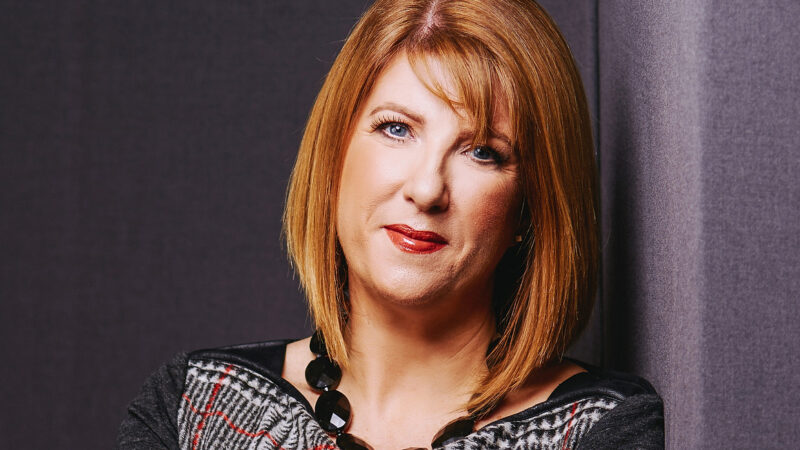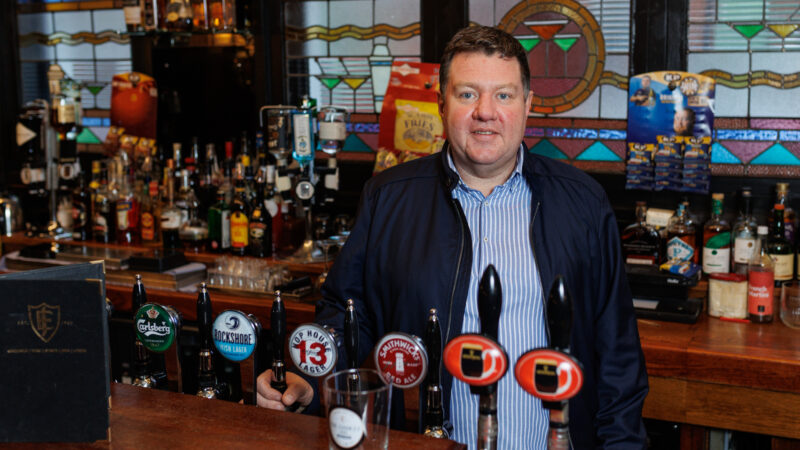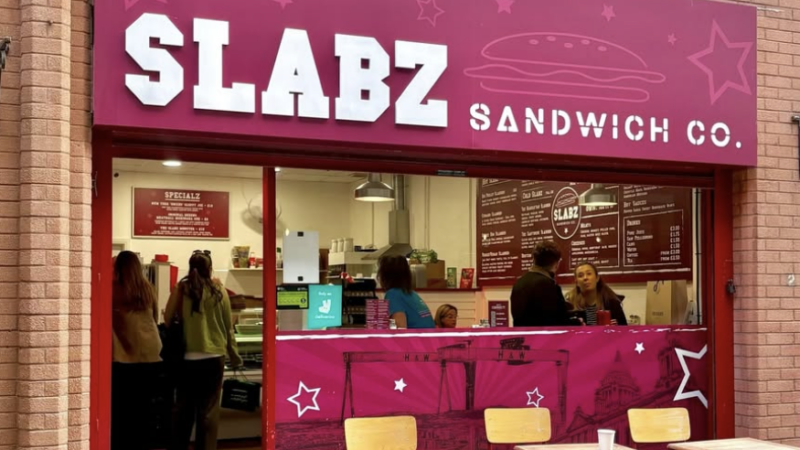Hospitality Ulster spells out ‘Rebuild, Rethink, Revitalise’ plan
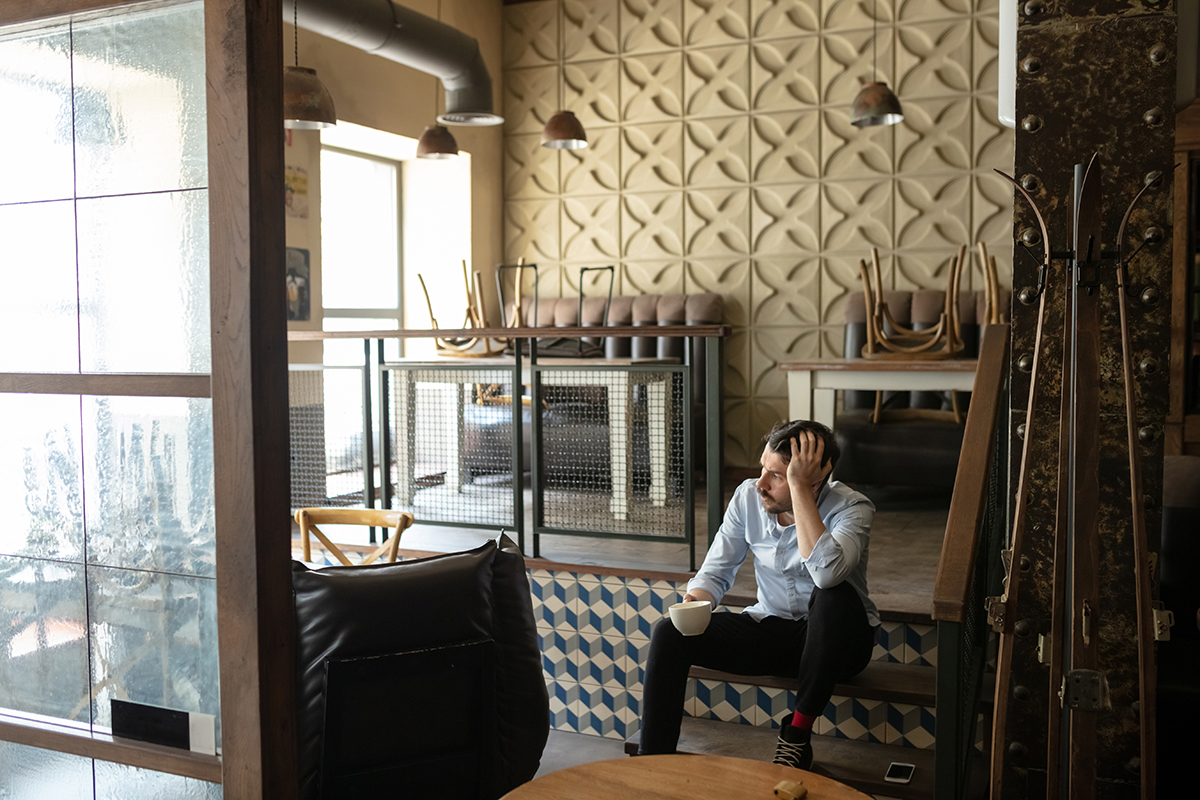
Hospitality Ulster has demanded indicative dates for the reopening of the industry following the long-awaited publication of the Northern Ireland Executive’s plan for exiting lockdown.
Speaking as the industry body spelled out its own three-part recovery plan following the toughest 12 months of trading in living memory, chief executive Colin Neill said: “We need at least indicative dates for reopening, and we need them now.
“We are really frustrated that this pathway shows no dates whatsoever and once again singles out our traditional (wet) pubs for extended closure. How are our pubs supposed to survive, and the industry plan for the re-emergence of the entire sector?
“The Office for National Statistics (ONS) latest data shows that two-thirds of businesses will be out of cash before the end of May. The Executive must now bring forward an additional package of financial support to keep these businesses alive until all hospitality businesses are allowed to reopen and trade at a financially sustainable level.
“The Executive has made the decision to keep hospitality closed for longer than any other sector, without any engagement with the industry, despite our repeated calls to connect with us and start the planning process.”
The ‘Rebuild, Rethink, Reviatlise’ strategy aims to kickstart the industry and create a climate for future investment, job creation and growth, while revitalising communities and the tourism economy.
Colin Neill added: “The swift rollout of the vaccination programme and the ever-declining numbers of new Covid cases are bringing us to the point where the reopening of the hospitality sector will soon be viable after nearly an entire year of being shut for the greater good.
“To make sure that we are ready to go, we have brought forward a whole host of forward-thinking ideas to ignite the industry once again.
“We have to rebuild our sector and have set out a clear roadmap of policy, financial and fiscal interventions which supports a timely and safe reopening of the entire industry.
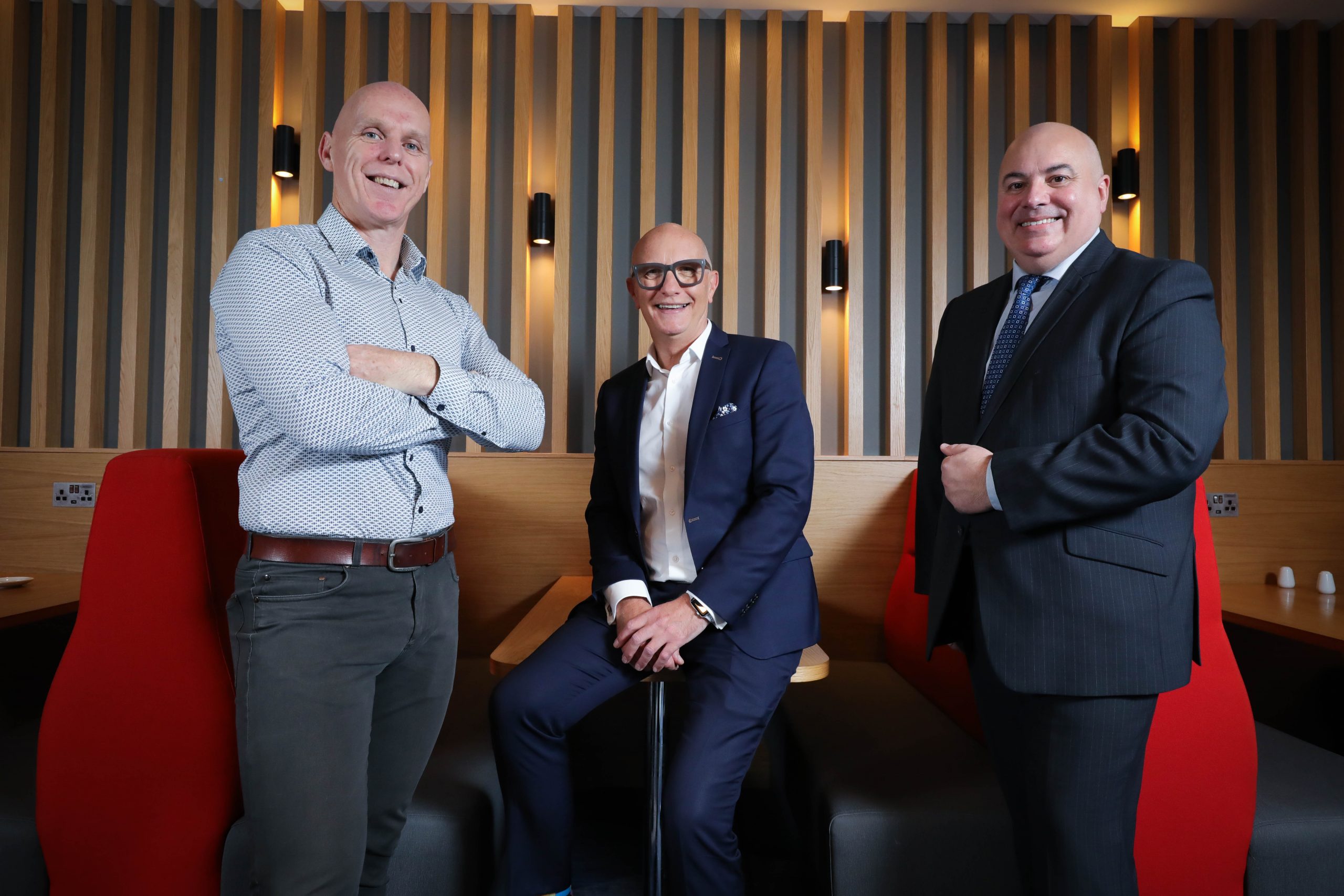
“I welcome the UK Chancellor’s comments in the media this week that ‘protecting hospitality & hospitality jobs is a matter of social justice’ and that he gets the social, cultural and community benefits of hospitality as well as the economic benefit. Going back to normal is simply not good enough.”
While Hospitality Ulster concedes that planning ahead in 2021 is “a daunting prospect” it lays out how it hopes to rise to the challenge as part of a UK-wide recovery plan developed in partnership with UKHospitality (UKH) and the British Beer and pub Association (BBPA).
Its three-part plan envisages the industry returning to profitability in one to two years but insists proper government supports are needed if that is to be achieved.
REBUILD
Key to recovery is a clear roadmap of policy, financial and fiscal interventions which support a timely, safe and viable re-opening of hospitality.
It is hoped that collectively, these will kickstart and rebuild a sustainable industry and create a climate for future investment, job creation and growth. It calls for:
UK Government
- An extension of the 5% VAT rate with the cut widened to include other products and services
- A UK wide full business rates holiday for 2021/22.
- Extension of full furlough with no National Insurance Contributions for closed businesses.
- Enhanced grants for hospitality businesses until fully reopened, with State Aid rules disapplied.
- Cut all alcohol duty.
- No repayment of HMRC debts before 1st July.
- Extension of the rent moratoria with Government and stakeholders working towards finding a solution to the rent debt crisis.
- Abolish domestic air passenger duty to support the domestic tourism market across the UK
NI Executive
- Establish a cross-departmental ‘Hospitality Strategy Steering Group’ with direct participation of relevant Ministers and senior officials to plan the reopening of the industry.
Danny Coyles, chair of Hospitality Ulster, said: “We have to acknowledge the resilience of the hospitality sector throughout the toughest period in a generation.
“I commend those who have been able to see out the worst impacts of this pandemic, it’s been far from easy. It has become clear just how central the hospitality sector is to the economy – and also society. It has such an important role in bringing people together and it will play a massive role once we get reopening dates put in front of us.”
RETHINK
The HU plan also recognises that the “New Normal” will inevitability change the way business is done in the future and lays out key areas to focus on to make the recovery work. These include:
- The importance of localism. The words “Support Local” have taken on a brand new meaning, keeping money circulating in the local economy and sustaining jobs and livelihoods.
- More emphasis on sustainability and the environment, bringing creativity and innovation to the local food and drink offer, enhancing the overall visitor experience, as well as instigating good practice in waste management and energy conservation.
- A focus on health and well-being, embracing an active lifestyle, good food and beverage (including the increased popularity in nonalcoholic and health drinks) to transform hospitality offer and result in new business models.
- Enhanced social interaction to create a sense of community, place and belonging, with pubs and restaurants in urban and rural areas becoming local hubs and a focus for the whole community.
REVITALISE
The plan recognises that a strong, resilient hospitality industry will revitalise towns and villages and the tourism economy. As such is spells out how it hopes to work collaboratively with our key government and local partners and lays out key interventions, including:
- Hospitality must be carefully positioned and adequately resourced within the NI Economic and Tourism Recovery Plans – as a key driver of local experiences i.e. culture, music and food. Our unique hospitality and legendary craic epitomise the brand values of the Embrace a Giant Spirit experience brand.
- Establish and resource a Hospitality Sectoral Group within the recently set up NI High Street Task Force, to demonstrate the role of hospitality in the revitalisation of our towns and villages and how it can re-shape a new daytime offer and night-time economy with local community at its heart.
- Hospitality Ulster to work in partnership with UKH and BBPA to position hospitality as a driving force of the revitalisation of our urban and rural locations through joint projects such as APPG Hospitality and Tourism, UK High Street Task Force and AAPG Beer.
- Hospitality Ulster to launch a “Support Local” campaign to encourage locals and visitors to support local hospitality.
- Tourism NI to develop a NI Local Food and Drink Strategy which drives the creation of a unique NI food tourism offer and supports the local food and drink supply chain.
- Hospitality Ulster to engage with local Councils to ensure hospitality is positioned within local economic and recovery plans and Support Local marketing campaigns.
- A review of planning, trading, licensing and Pavement café legislation to take account of the enhanced use of outdoor space by hospitality venues and its positive impact on our townscape, regeneration and tourism growth.
Tony O’Neill, owner of Coppi & Buba Restaurants and Vice Chair of Hospitality Ulster, said he hopes the sector now gets the support it so badly needs.
He added: “The governments in Belfast and London need to seriously look at the long term viability of the hospitality sector. It needs to be set on a more sustainable footing so that we can compete in the local and international marketplace.
“This means that issues such as VAT and reducing the cost base for businesses in the sector should be prioritised. Hospitality businesses in this pandemic have been the worst hit out of all sectors and have had restrictions and closure orders placed upon them.
“There has been no trade, despite costs of keeping staff, upkeep of premises and a whole range of other bills just to remain shut. This means that we just can’t get going again from a standing start.
“We need support to get back on our feet and then a series of commitments as outlined in the Hospitality Ulster Recovery Plan to place the sector on a sounder footing. There is still far too much volatility in the running of a business in the hospitality sector and now we face the challenge of going again after nearly a full year of chairs up on the tables.”


